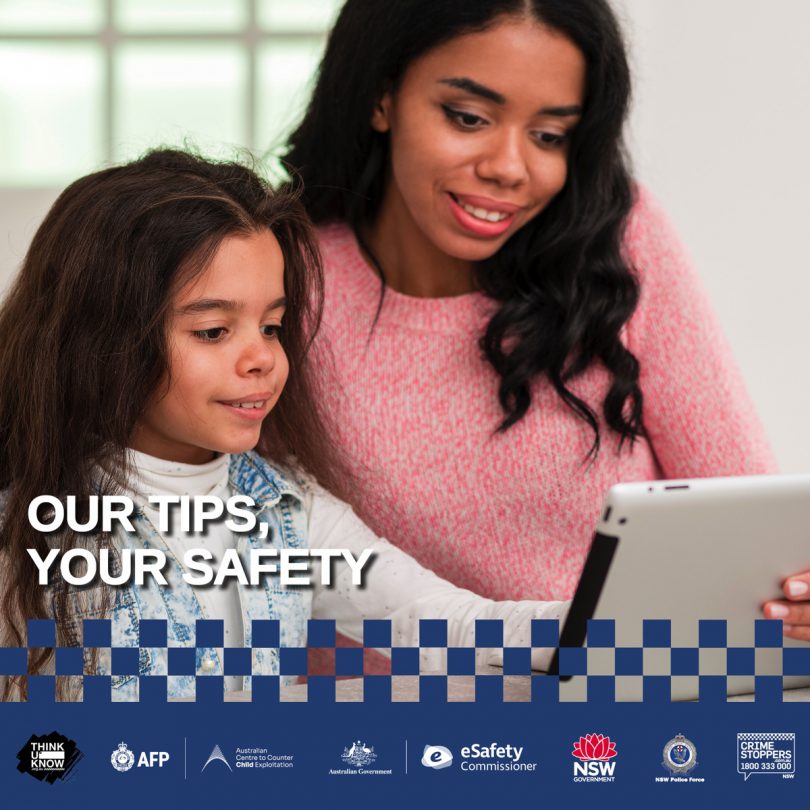The campaign will focus on the online space in two key areas – firstly, preparing parents and help them better manage their children’s online presence and safety, and secondly to educate teens around sextortion – how to avoid it and what to do if they fall victim to a predator.
Crime Stoppers CEO Peter Price AM said they imploring parents to be even more attentive.
According to the Mind the Gap Research undertaken by eSafety, there are significant gaps in parents’ awareness. The research showed 55 per cent of children communicated with someone they first met online yet only 34 per cent of parents were aware. In the 14-17 year age group, 62 per cent were exposed to negative online content yet only 43 per cent of their parents were aware. This content included gory or violent material, drug taking, hate messages, self-harm, ways to take their own life and violent sexual images or videos with 11 per cent of 14-17 years olds, being asked by someone online to send sexual images of themselves.
Information to help parents and teens is readily available but many don’t know where to go to get help. The campaign will assist parents and teens on where to go to find out how they can minimise their risk and what to do if inappropriate online contact, sexual abuse material or sextortion occurs.
“Just as we put helmets on our kids to ride a bike, we need to keep them safe when they go online – whether they’re watching videos, gaming or on social networking apps,” eSafety Commissioner Julie Inman Grant said.
“The vast majority of covert online grooming and sexual extortion that our investigators see, is happening behind closed doors, in what might be considered the ‘safety and sanctity’ of one’s home,” eSafety Commissioner Julie Inman Grant said.
Some of the red flags include suspicious accounts, asking personal questions, inconsistencies in the profile or language used and starting sexualised chat. Online safety is just another skill kids can learn and really need help from their parents to do it.
Child online safety risk booming
CRIME Stoppers, NSW Police Force, eSafety Commissioner and the Australian Federal Police-led Australian Centre to Counter Child Exploitation, have joined forces this holiday season to raise awareness of the safety risks facing young people online.


